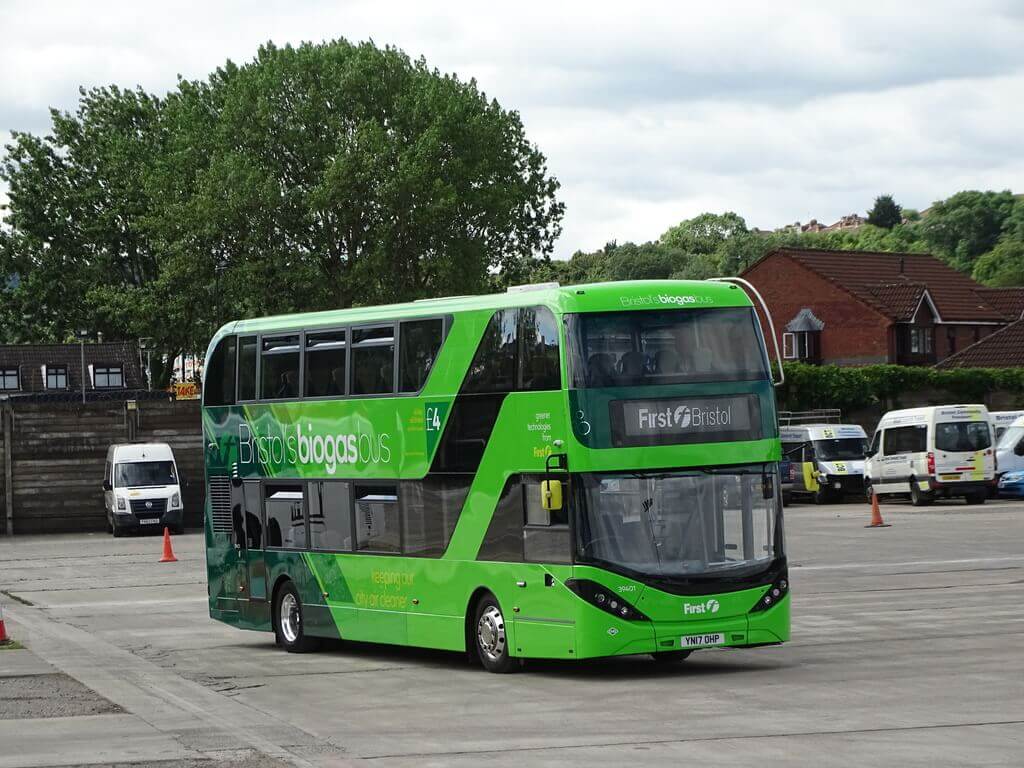Bristol Community Transport and First West of England launched their new gas bus filling station on 1 July. Richard Sharman was in attendance to find out more about how this came about and the technology used
Bristol Community Transport (BCT), part of the HCT Group, jointly launched Bristol’s first gas filling station with its partner First West of England on Monday 1 July.
The new bio-methane gas bus filling station has been built at BCT’s large Bedminster depot, situated 1.7 miles from Bristol city centre.

By subscribing you will benefit from:
- Operator & Supplier Profiles
- Face-to-Face Interviews
- Lastest News
- Test Drives and Reviews
- Legal Updates
- Route Focus
- Industry Insider Opinions
- Passenger Perspective
- Vehicle Launches
- and much more!


